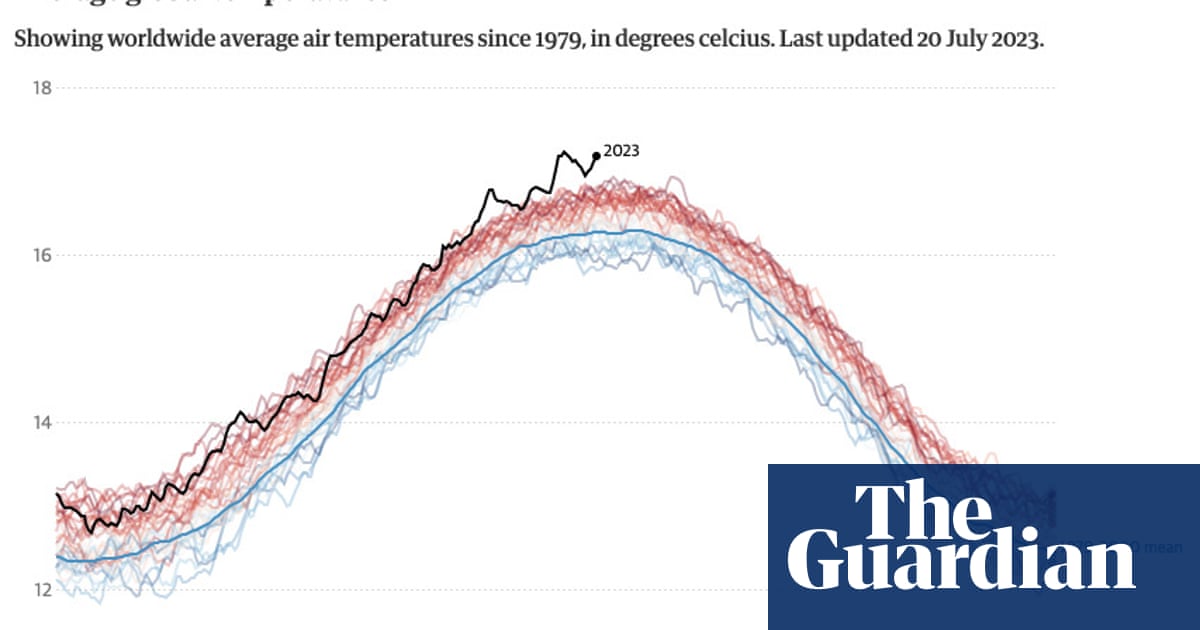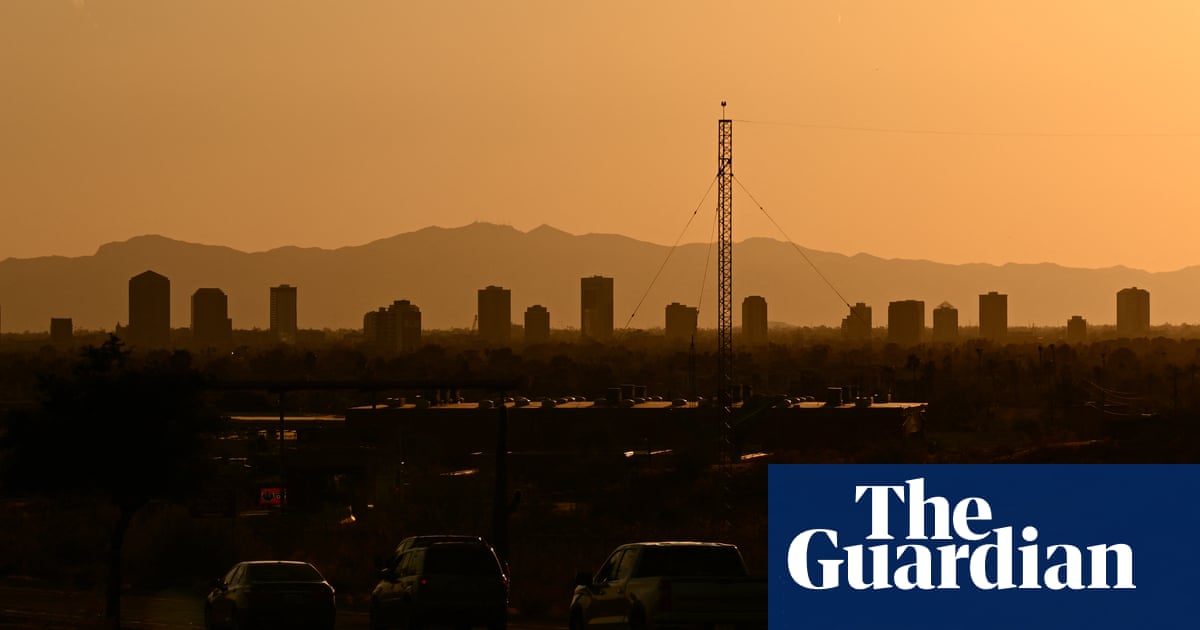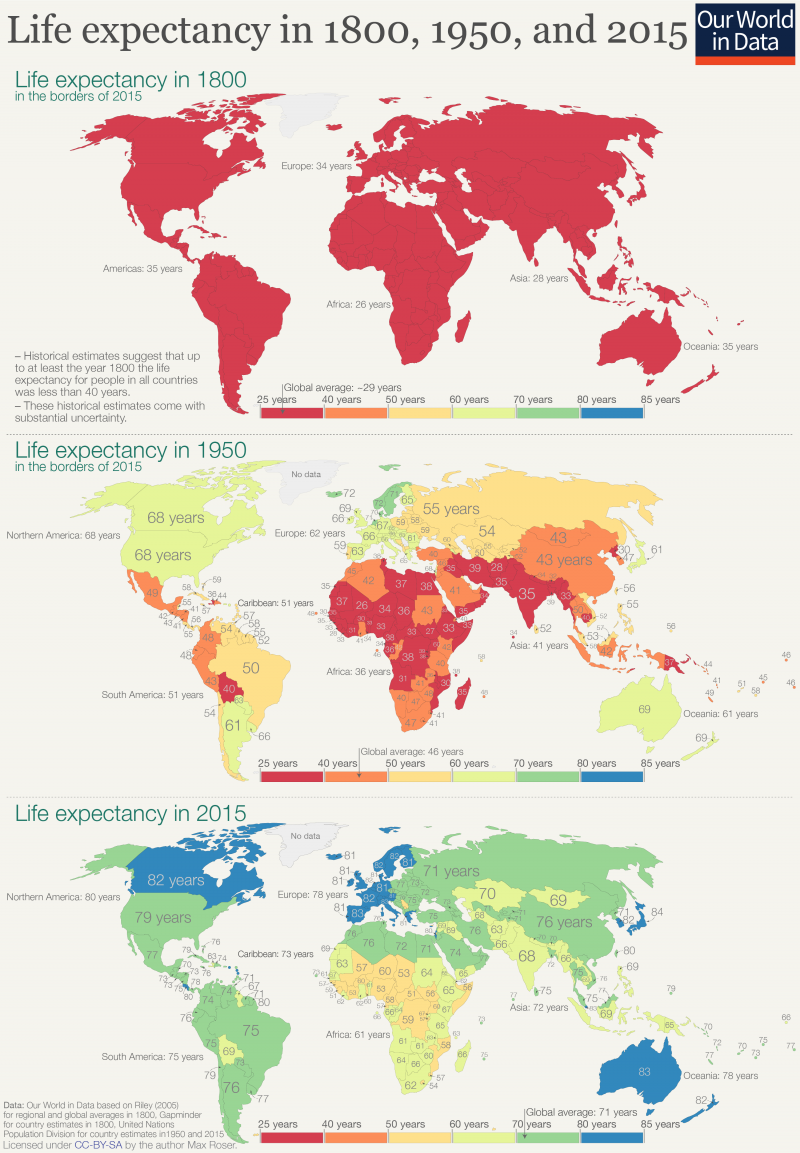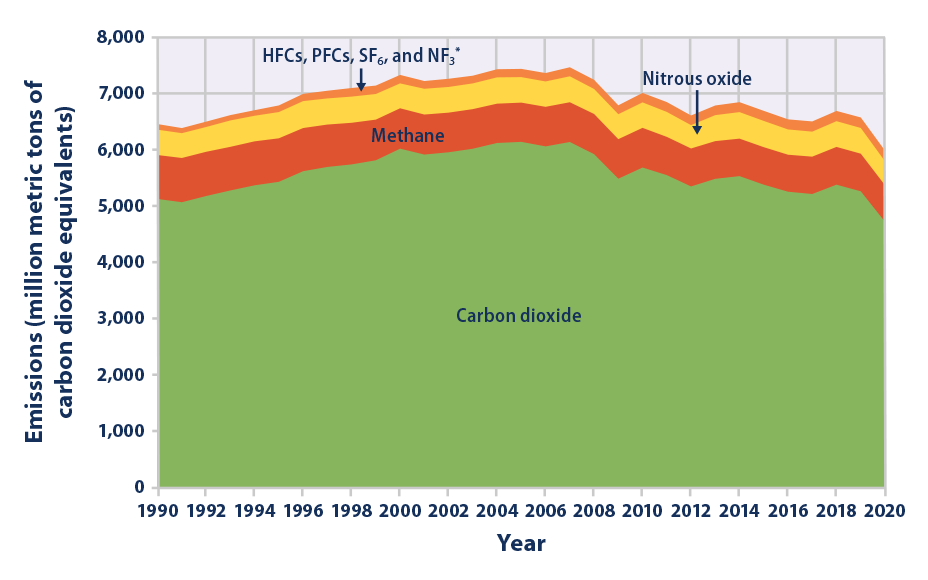mspohr
Well-Known Member
Not just Broder. NYT is neoconservative establishment entrenched in the autocracy. Don't threaten the establishment.So you believe that any article written in the NYT on electric cars is suspect because of Broder?
You can install our site as a web app on your iOS device by utilizing the Add to Home Screen feature in Safari. Please see this thread for more details on this.
Note: This feature may not be available in some browsers.
Not just Broder. NYT is neoconservative establishment entrenched in the autocracy. Don't threaten the establishment.So you believe that any article written in the NYT on electric cars is suspect because of Broder?
So you are not referring to just environmental issues or electric cars. You are saying that the whole paper is part of the neoconservative establishment. I am not saying you are wrong. I always thought of the paper as middle of the road.Not just Broder. NYT is neoconservative establishment entrenched in the autocracy. Don't threaten the establishment.
@EverettRuessSo you believe that any article written in the NYT on electric cars is suspect because of Broder?

That sea ice graph is stunning.
Extreme weather: the climate crisis in four charts
As much of the northern hemisphere endures blistering heatwaves and parts of Asia are deluged with rain, a number of climate records are being challengedwww.theguardian.com




The sky is not falling and the world is not going to end. There are no scenarios in the IPCC report that lead to the extinction of the human race. Anthropogenic climate change is an issue that will require adaptation and mitigation but sitting around scrubbing the internet for doomsday prophecies is not healthy or beneficial. Your (and my) EV and solar panels are a drop in the bucket so lets not act like we are saving the planet. Global emissions will likely continue to rise because the developing world wants a better standard of living and I can't blame them. Look at what industrialization has done for humans... in 200 years we have gone from living about 30 years on average to about 70+.

On a positive note, a little reported fact is that U.S. emissions have actually been dropping since the Bush years and should continue to do so as more renewables are deployed and things become more efficient. We shouldn't pat ourselves on the back too much as we are still one of the "per capita" leaders but it is trending the right way. Renewables have become cost competitive (even cheaper than coal in most cases) and a large portion of new energy production comes from them. EVs are nearly cost competitive with ICE vehicles (especially over the lifetime of the vehicle) and charging/range issues are minimal at this point it will just take time to cycle through. The market is actually doing a good job of taking care of this. Most developed nations are likely following a similar path.

But try as we might, we don't control the world, we are only about 13% of global emissions (and dropping), and we're probably in for 2C of warming no matter what the United States does barring some large scale capture being deployed... so plan accordingly.

Yawn, let me know when US emission per capita drops to world average (4.3%). As far as I know, 13% > 4.3%.

United States Population (2024) - Worldometer
Population of the United States: current, historical, and projected population, growth rate, immigration, median age, total fertility rate (TFR), population density, urbanization, urban population, country's share of world population, and global rank. Data tables, maps, charts, and live...www.worldometers.info
Also, how much of the other country's emissions are a result of producing stuff for the US consumers. So the lifestyle of the 4.3% is probably more like a cause for 30-50% of world-wide emissions.
And just to be totally fair, some of the emissions and water use by Saudi Arabia is actually counted in the US, the SW and Western states primarily, to grow nuts and alfalfa.
We shouldn't pat ourselves on the back too much as we are still one of the "per capita" leaders but it is trending the right way.
Yawn. Reading comprehension is not your strong suit is it? There is no “gotcha” as I already pointed this out.
You pulled 43% out of your ass for starters. And no surprise that the most developed country in the world has the higher per capita emissions than people living in poor countries. What’s your point? You think we’re gonna go back to living in grass huts? You think those poor countries emissions aren’t gonna rise as they develop? Is our emissions dropping a good thing or a bad thing? If everyone in the US joined a hippie commune tonight would global warming disappear?Not sure which is worse. Unable to comprehend or unable to read a statement that shows lack of comprehension. So the 4.3% responsible for 43% of emissions is doing things right by 'slowly reducing' their emission but hey, let's sneak in a 'don't pat yourself on the back in the middle of the garble of texts exhibiting the writer's lack of comprehension. LOL
You pulled 43% out of your ass for starters. And no surprise that the most developed country in the world has the higher per capita emissions than people living in poor countries. What’s your point? You think we’re gonna go back to living in grass huts? You think those poor countries emissions aren’t gonna rise as they develop? Is our emissions dropping a good thing or a bad thing? If everyone in the US joined a hippie commune tonight would global warming disappear?
Lots of words to not refute anything I’ve said. I’m just going off the stats available you are making assumptions that are likely exaggerated even if you do have a point.Actually, 3rd world countries have a lot of emissions too. There are concerns of CO poisoning from cooking and lighting using fire inside the hut. It's great that they are getting solar tech to replace their lighting needs. Next would be cooking.
For 1st world countries, maybe cut down on non-essentials like 3 ton gas/diesel guzzling trucks/SUV to transport one person to/from work. But then climate change is not a big deal so any attempt to change our way of life is really an attack on our personal freedumb, right?
And the same people would point to other countries...easy target China... and I would counter that most of their emission is making stuff for US consumers. But that would make too much sense.
And back to the question of the rest of the world emission going up as they modernize, that is good news for US stats, right? Because if they live like us, then we would only be responsible for 4.3% of the emissions. Forget that the planet would have 10x the emission and be a hell hole. It's all about making the stats look good to reduce urgency.
I just don’t think it’ll end the world and I don’t think there’s much the US can do about it.
A timely commentThat's why China keeps making the headline for advances in renewable energy. LOL





